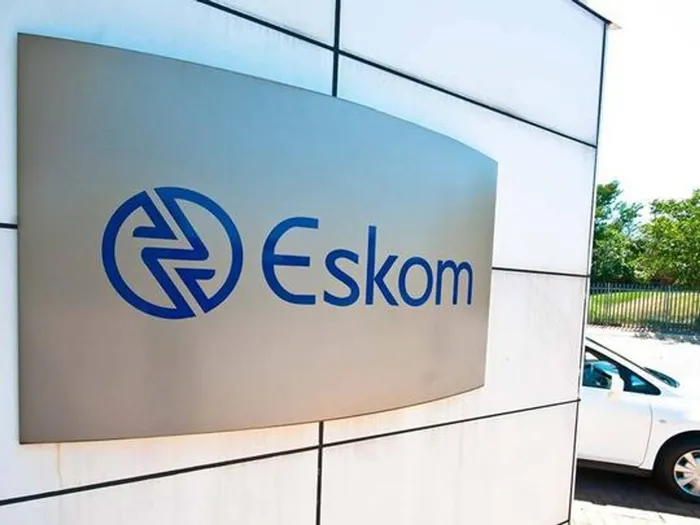Eskom warns municipal debt could top R300bn as utility posts first profit in 8 years
ENERGY

Eskom reported a net profit of R16bn, its first since 2017, driven by a R23.5bn reduction in primary energy costs, a R9.2bn rebate from the South African Revenue Service, and a R2.8 billion provision reversal.
Image: File
Municipal debt owed to Eskom is rising so rapidly it could exceed R300 billion within five years, overshadowing the government’s R254bn debt-relief facility, outgoing chief financial officer Caleb Cassim warned on Tuesday.
Speaking at the release of Eskom’s financial results for the year ended March 2025, Cassim said municipal arrears have grown by more than R20bn in a year, from R75bn to R95bn, and now sit at R103bn.
"This is not sustainable. No organisation is going to survive if you are not paying for the commodity or service," Cassim said.
"It is key and in conjunction with the Minister, Cogta and National Treasury, we need to address this to ensure sustainability of Eskom and the entire industry. We can see the arrears will go over R300bn, which far outweighs the benefit of debt relief."
Cassim said solutions such as distribution agency agreements would be required to improve payment levels.
Eskom reported a net profit of R16bn, its first since 2017, driven by a R23.5bn reduction in primary energy costs, a R9.2bn rebate from the South African Revenue Service, and a R2.8 billion provision reversal.
"In total, R12bn of that is linked to the SA Revenue Services benefit that came through as a credit, but also demonstrates other savings in particular open cycle gas turbines (OCGTs) and controlling the cost base as there was better performance of the fleet and then we could run a cheap baseload off our stations compared to the more expensive ones," Cassim said.
However, he cautioned that distribution losses remain a drag on revenue.
In FY2025, Eskom lost more than 15 terawatt-hours of electricity, equivalent to R28bn in lost earnings, up from R23bn the previous year. Much of this was due to theft and non-technical losses.
To tackle the problem, Eskom plans to roll out 7.2 million smart meters.
"Again, if it's losses due to non-technical theft, we are not getting that in our revenue. That's an area we need to address in this sustainability of the organisation," Cassim said.
"And as part of the distribution mechanism to address that, key in the plan is the rollout of some 7.2 million smart meters that will contribute to reducing distribution losses."
Eskom Group CEO Dan Marokane said the utility was on track to deliver R50bn in cost savings by 2029 through its cost optimisation and revenue enhancement programme.
Marokane said Eskom was engaging with suppliers and all its value chain stakeholders to take out costs, adding that this was one way the utility was able to respond to affordability concerns for consumers.
He also added that Eskom was preparing for a transformed electricity market.
"In no other country the market reforms of the size that we are anticipating took place was the incumbent allowed to be unsustainable. This country's energy security requires an Eskom that is functional," Marokane said.
"We have heeded the call from the Minister to stay the legal challenge or to withdraw it. We stayed it. We have gone with the lesser process. We are engaging with the rules. We are actually realising that the rest of the participants are now becoming aware of what it takes to set up those changes."
BUSINESS REPORT